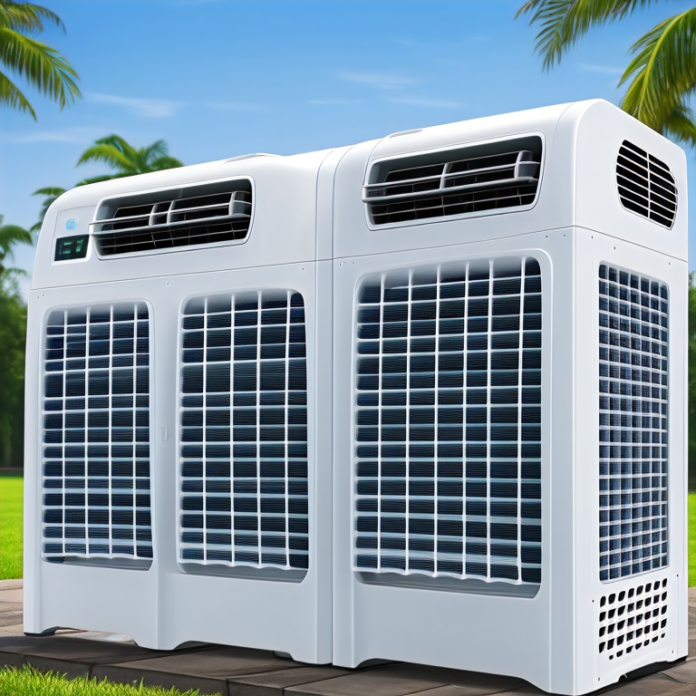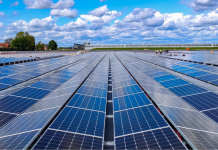As temperatures rise during the hot summer months, finding efficient and eco-friendly ways to cool our living spaces becomes a priority. Window coolers, also known as window evaporative coolers or swamp coolers, are gaining popularity as a sustainable alternative to traditional air conditioning systems. In this article, we will explore the reasons why window coolers are an environmentally friendly cooling option and how they contribute to a greener and more sustainable future. Here you go to learn more!
Natural Cooling Process:
One of the primary reasons why window coolers are environmentally friendly is their reliance on a natural cooling process. Unlike air conditioners that use refrigerants and consume a significant amount of electricity, window coolers work by harnessing the power of evaporation. These coolers draw in warm outside air, pass it through moistened cooling pads, and release cool, fresh air into the room. This process requires minimal energy consumption and eliminates the need for harmful refrigerants, making window coolers a greener cooling alternative.
Energy Efficiency:
Window coolers are highly energy-efficient compared to traditional air conditioners. They consume a fraction of the electricity needed to operate air conditioning systems, resulting in lower energy bills and reduced carbon footprint. Since window coolers rely on the natural evaporation process, which is inherently less energy-intensive than the refrigeration process used by air conditioners, they offer significant energy savings and contribute to energy conservation efforts.
Reduced Greenhouse Gas Emissions:
Window coolers contribute to the reduction of greenhouse gas emissions. Unlike air conditioners, which rely on refrigerants that contain hydrofluorocarbons (HFCs), window coolers do not emit these potent greenhouse gases. HFCs have a high global warming potential and contribute to climate change. By opting for a window cooler, you can help mitigate the impact of greenhouse gas emissions and contribute to a healthier planet.
Water Efficiency:
Another environmentally friendly aspect of window coolers is their water efficiency. While these coolers rely on water for the evaporation process, they use much less water compared to other cooling systems. The water used in window coolers is continuously recycled, and any excess water is drained away, preventing wastage. Additionally, in dry climates, window coolers can increase humidity levels, reducing the need for separate humidifiers. This water-saving feature makes window coolers a sustainable cooling choice.
Reduced Electronic Waste:
Window coolers have simpler designs and fewer electronic components compared to air conditioners, resulting in less electronic waste. Air conditioners often contain complex systems and refrigerant-filled components, which can be challenging to recycle. Window coolers, on the other hand, are easier to dismantle and recycle at the end of their lifespan. By choosing a window cooler, you contribute to reducing electronic waste and promoting a circular economy.
Conclusion:
Window coolers offer an environmentally friendly and sustainable cooling solution for your living spaces. Their natural cooling process, energy efficiency, reduced greenhouse gas emissions, water efficiency, and reduced electronic waste make them a greener choice compared to traditional air conditioning systems. Embrace the eco-conscious option and enjoy a cool and comfortable living environment while making a positive impact on the environment. Choose window coolers for a greener and more sustainable cooling experience.











